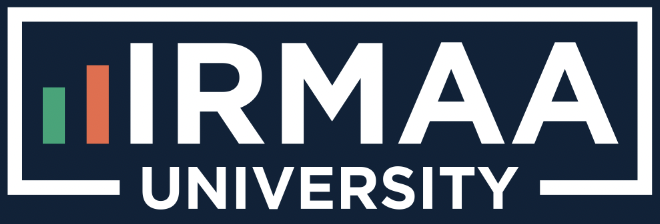In Retirement Health Coverage through Medicare is mandatory.
With changes to Social Security’s Program Operations Manual system (POMS) in order for someone who retires, is 65 years-old or older and would like to receive their Social Security benefit health coverage through Medicare is mandatory.
In 2005, a challenge was brought forth to the Department of Health Human Services (DHS), which can be found here
The appellant known as J.J.K. requested that he “did not wish to enroll in Medicare HI benefits when he applied for Social Security benefits” and that “he wanted only to receive the retirement benefits but was not permitted to opt out of HI”.
By 2009, the DHS ruled that in order to “withdraw from the HI program, an individual must submit written request for withdrawal and must refund any HI benefits paid on his/her behalf.”
DHS further added that “retirement benefits were “awarded along with Medicare Part A” and that he “cannot waive entitlement to Medicare Part A” and be paid only the retirement benefits because “Part A entitlement is tied to monthly benefits.”
Another instance of where this rule was challenged was in 2009. Brian Hall sued for the right to receive only his Social Security benefit while not enrolling into Medicare.
This case is known as “Hall vs. Sebelius”.
In 2011, Federal Judge Rosemary Collyer dismissed the case. She stated that by not enrolling would be “contrary to congressional intent, which was to provide ‘mandatory‘ benefits under Medicare Part A for those receiving Social Security Retirement benefits”.
Judge Collyer’s ruling was then appealed further to the United State Court of Appeals, >No. 11-5076.
Though, it was acknowledged that the case “is not your typical lawsuit against the Government. Plaintiffs here have sued because they don’t want government benefits ruled “the ruling from Judge Collyer stood.
Circuit Judge Karen LeCraft Henderson’s ruling was that “An individual is statutorily entitled to Medicare, Part A upon becoming entitled to monthly Social Security retirement benefits (SSRB)” and that “anyone who “is entitled” to SSRB “shall be entitled” to Medicare, Part A benefits immediately upon his 65th birthday”.
She further added that “Individuals entitled to monthly benefits which confer eligibility for HI may not waive HI entitlement. The only way to avoid HI entitlement is through withdrawal of the monthly benefit application. Withdrawal requires repayment of all [SSRB] and HI benefit payments made”.
Ultimately, for those who do retire and who enroll into Social Security they must also accept Medicare as well. Neglecting to do so will lead to a forfeiture of any and all Social Security benefits.
